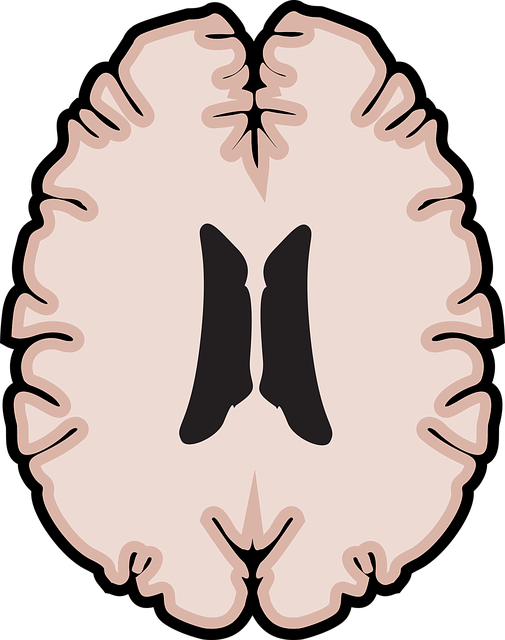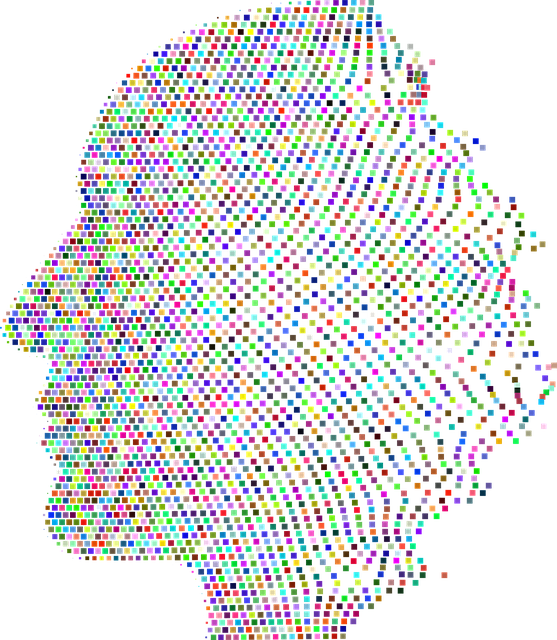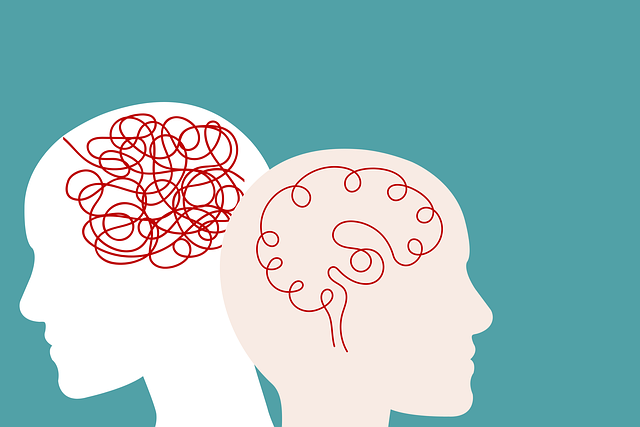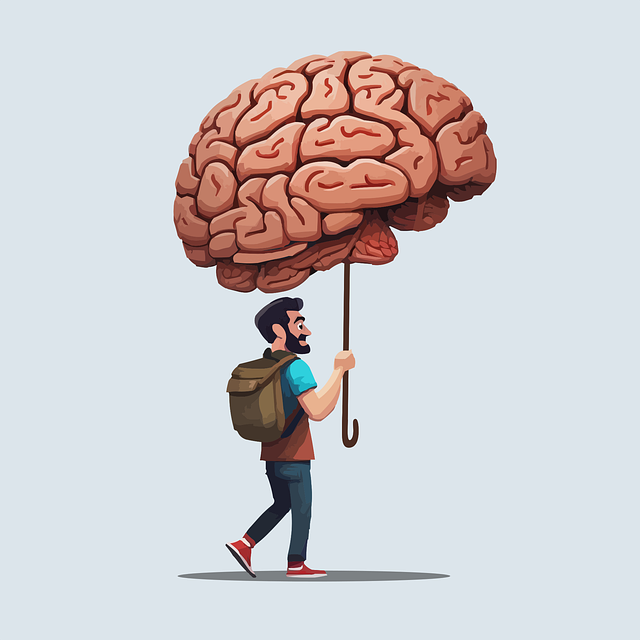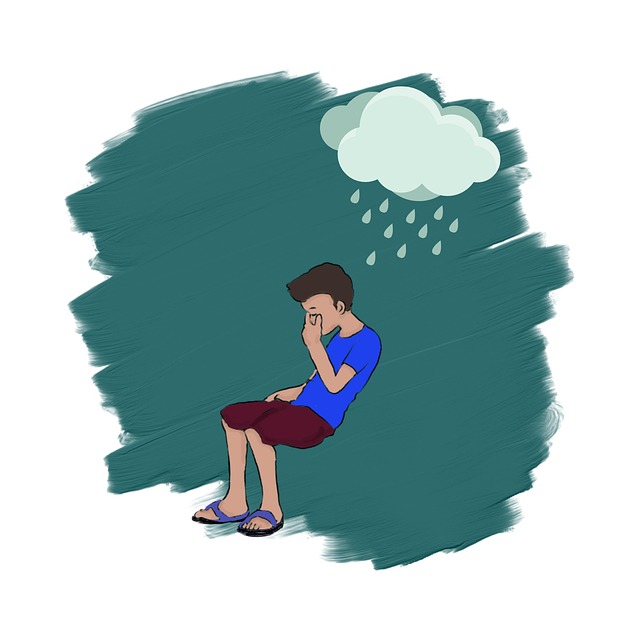Community outreach programs in Northglenn play a vital role in improving mental health, especially for residents with Attention-Deficit/Hyperactivity Disorder (ADD/ADHD). These initiatives enhance accessibility to essential evaluations and therapy services, empowering individuals to overcome challenges. By incorporating holistic practices like Mental Wellness Journaling, Exercise Guidance, and Compassion Cultivation, the programs support overall well-being. A strategic approach includes tailored therapy sessions, specialized evaluations, and cultural competency training. Collaboration between local schools, parents, and healthcare providers strengthens these efforts, ensuring early identification and effective support for children with ADHD. The success of these outreach programs is evident through improved symptoms, academic performance, and social integration, making Northglenn a model for accessible and comprehensive ADD/ADHD evaluations and therapy.
In the vibrant community of Northglenn, implementing community outreach programs aimed at addressing mental health concerns, particularly Attention Deficit Disorder (ADD) and Attention Deficit Hyperactivity Disorder (ADHD), has emerged as a game-changer. This article delves into the multifaceted approach to understanding and serving Northglenn residents with ADD/ADHD, from identifying needs through comprehensive evaluations to designing targeted therapy sessions and building collaborative partnerships. By evaluating the outcomes, these programs enhance the well-being of children in Northglenn, fostering positive changes through tailored interventions and community support.
- Understanding Community Outreach: Its Importance and Impact on Northglenn Residents
- Identifying Needs: Assessing ADD/ADHD in the Local Community
- Designing Effective Programs: Tailoring Therapy Sessions for Children with ADD/ADHD
- Building Partnerships: Collaborating with Schools, Parents, and Healthcare Providers
- Measuring Success: Evaluating the Outcomes of Outreach Programs in Northglenn
Understanding Community Outreach: Its Importance and Impact on Northglenn Residents

Community outreach programs play a pivotal role in fostering connections and enhancing the well-being of Northglenn residents. These initiatives are designed to bridge the gap between service providers and those who may face barriers to accessing necessary support, such as individuals with attention-deficit/hyperactivity disorder (ADHD) requiring evaluations and therapy. By bringing services directly into the community, outreach programs increase accessibility, ensuring that residents like those in Northglenn can receive critical care without facing additional challenges.
The impact of such efforts is profound, especially for marginalized or underrepresented groups. Through workshops, counseling sessions, and educational activities, community outreach enhances self-awareness exercises and provides anxiety relief techniques, addressing not just ADHD symptoms but also burnout prevention strategies. This holistic approach empowers residents to navigate life’s challenges more effectively and fosters a sense of community resilience in Northglenn.
Identifying Needs: Assessing ADD/ADHD in the Local Community

Identifying the specific needs of a community regarding mental health, particularly conditions like Attention-Deficit/Hyperactivity Disorder (ADD/ADHD), is a crucial first step in implementing effective outreach programs. Northglenn, like many areas, may face unique challenges when it comes to ADD/ADHD awareness and access to support services. Assessing these needs involves gathering data on local prevalence rates, understanding barriers to treatment, and recognizing the specific requirements of the diverse population. This process should include a mix of quantitative research (e.g., surveys) and qualitative insights (e.g., interviews with community members, healthcare professionals, and educators).
By delving into these considerations, Northglenn can develop targeted interventions that go beyond traditional therapy models. Incorporating practices like Mental Wellness Journaling, Exercise Guidance, Compassion Cultivation, and Stress Management Workshops within community outreach programs has the potential to foster resilience and improve overall mental wellness. These initiatives not only cater to individuals with ADD/ADHD but also educate and support their families and caregivers, creating a network of understanding and assistance across the community.
Designing Effective Programs: Tailoring Therapy Sessions for Children with ADD/ADHD

Designing effective community outreach programs for children with Attention-Deficit/Hyperactivity Disorder (ADD/ADHD) requires a nuanced approach. Tailoring therapy sessions to meet individual needs is essential, as one-size-fits-all strategies often fall short in this context. Northglenn healthcare providers can enhance the impact of their initiatives by incorporating specialized evaluations and addressing specific challenges faced by these young minds.
The process should involve not only medical assessments but also considerations for cultural competency training to ensure inclusive practices. By integrating Emotional Regulation and Social Skills Training into the curriculum, therapists can empower children with ADD/ADHD to navigate social interactions and manage their emotions more effectively. This tailored approach fosters a supportive environment, promoting better outcomes and improved quality of life for participants in Northglenn’s community outreach programs.
Building Partnerships: Collaborating with Schools, Parents, and Healthcare Providers

Building strong partnerships is key to successful community outreach programs, especially when focusing on Northglenn ADD-ADHD Evaluations and Therapy. Collaboration with local schools plays a pivotal role in identifying and supporting children with attention-deficit/hyperactivity disorder (ADHD) early on. By integrating Mental Health Education Programs Design into the curriculum, schools can foster an environment that promotes open discussions about mental wellness. This initiative ensures that both students and parents have access to valuable resources and information.
Additionally, engaging parents and healthcare providers is essential. Parents are often the first line of support for their children’s well-being. Mental Health Education Programs Design should empower them with strategies to manage stress and recognize potential ADHD symptoms. Healthcare providers can play a crucial role in providing professional guidance and ensuring that Northglenn ADD-ADHD Evaluations are accessible, accurate, and followed up with appropriate therapy. This collaborative approach holistically addresses the needs of individuals within the community, enhancing overall Mental Wellness and Stress Management strategies.
Measuring Success: Evaluating the Outcomes of Outreach Programs in Northglenn

Measuring Success: Evaluating the Outcomes of Outreach Programs in Northglenn
The true mark of a successful community outreach program is its ability to create lasting, positive change for those it serves. In Northglenn, initiatives aimed at addressing mental health concerns, particularly among children with ADD/ADHD, have seen promising outcomes. Through regular therapy sessions and evaluations, the programs have not only improved symptoms but also fostered better academic performance and social integration. These improvements are a testament to the effectiveness of these outreach efforts.
Cultural sensitivity in mental healthcare practice plays a crucial role in these outcomes. By tailoring interventions to meet the unique needs of diverse communities, burnout prevention strategies have been integrated, ensuring that both caregivers and recipients stay engaged and motivated. Additionally, crisis intervention guidance has equipped community members with essential tools to manage and navigate acute situations, further enhancing the overall well-being of Northglenn’s residents.
Implementing community outreach programs focused on understanding and addressing Northglenn residents’ mental health needs, specifically those with ADD/ADHD, has proven to be a powerful initiative. By collaborating across sectors, including schools, parents, and healthcare providers, tailored therapy sessions have significantly impacted the lives of local children. The successful evaluation of these programs showcases their ability to enhance mental well-being and offer lasting support for Northglenn’s young minds, emphasizing the importance of such initiatives in fostering a healthier community.
